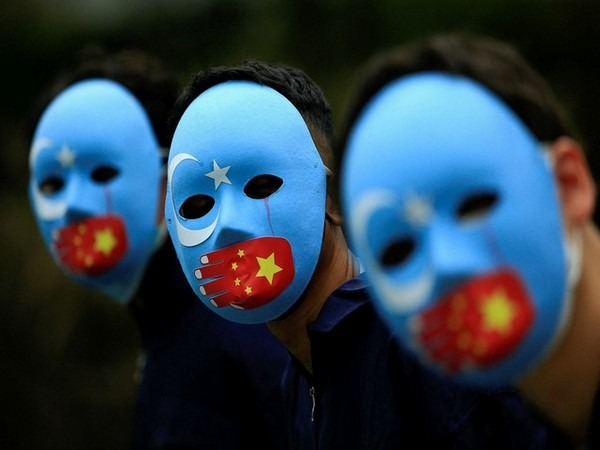Japan's Unicharm shift its strategic focus to India, Africa from China
Feb 24, 2021

Tokyo [Japan], February 24 : Japanese personal care group Unicharm has announced its decision to shift its strategy in developing countries by moving production facilities from China to India and Africa, where a steady growth in domestic consumption is expected.
"We want to capture [at least] one-third of market share in emerging countries as soon as possible," said Takahisa Takahara, Unicharm CEO, at a press conference on Monday, while unveiling plans to promote its diapers in Africa, India and South America.
According to a report by Nikkei Asia, the company will spend much of the 50 billion yen (USD 473 million) investment budget to ramp up production capacities of baby diapers in India and Africa this year to strengthen its foothold in these regions.
In India, the personal care brand already commands a market share of around 40 per cent as does Procter & Gamble.
By shifting its strategic priority, Unicharm plans to hike its output capacities in promising markets such as India, Ghana and Nigeria where the yardstick rose to about USD 2,200 in 2019.
Similarly, Unicharm expects to increase its sales in Brazil, where it began production at its own plant in 2014.
According to Nikkei Asia, such moves represent a major change in the company's past emerging markets strategy of focusing on China, from which it has been retreating in recent years.
In 2012, Unicharm had a share of 11 per cent in the Chinese market for diapers which then plummetted to 7 per cent in 2019.
Earlier, the Japan-produced diapers were high in demand because of their high quality and comfort but in recent years the Chinese companies have improved their products by increasing water absorbability and other properties.
Unicharm booked an asset impairment loss of 11.9 billion yen on its factory in China in 2019 after it failed to recover its investments due to weak sales of midpriced diapers under its MamyPoko brand, Nikkei Asia highlighted.
Another reason for the Japanese diaper manufacturers lagging behind is that in China 60 per cent to 70 per cent of diapers are sold online.
They were also late in launching high-end diapers despite growing demand from increasingly wealthy Chinese consumers, Nikkei Asia said.
Meanwhile, with the aim to increase its sales in the emerging markets, Unicharm will "transfer relevant know-how in product development and marketing it has fostered in Southeast Asia". In 2020, in accordance with its markets in Malaysia and Singapore, Unicharm introduced diapers that can repel mosquitoes.
Similarly, in Indonesia, Unicharm began selling individually wrapped diapers, which helped the company gain a 50 per cent market share.


















